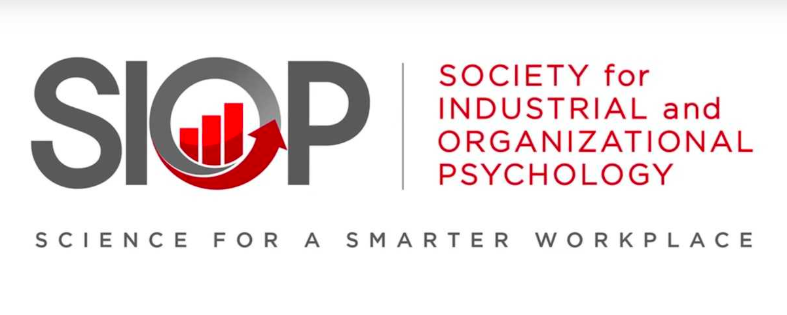

Author: Camie Schaefer
Joseph A. Allen, Ph.D., a professor of industrial and organizational psychology at University of Utah Health, has been selected as a fellow of the Society of Industrial and Organizational Psychology (SIOP). The fellowship recognizes Allen’s efforts to advance research in the field and promote workplace well-being.
Allen and other industrial/organization (I/O) psychologists study human behavior within organizations. His research primarily focuses on meeting behaviors like lateness, meeting recovery time, and how different cultural beliefs (such as perceptions of power and hierarchy) contribute to conflict during meetings.
“In a world where teams are more and more leveraged by organizations to solve complex problems, I/O Psychology, and the work I do, is here to help optimize these teams in order to achieve the best, most innovative, and creative results,” says Allen, who is also affiliated with U of U Rocky Mountain Center for Occupational and Environmental Health.
He plans to establish the U of U center for meeting effectiveness (CME), a research-service laboratory that will partner with other researchers and students to look at meetings through a critical, cross-disciplinary lens.
Allen also studies how team behavior in high-stress occupations like first responders affects well-being. Better understanding of how first responders gather to assess and discuss violent or distressing calls, he says, could help establish a safer culture within this occupation. He is currently collaborating with Drexel University and University of Nebraska Omaha on several National Science Foundation (NSF) and Federal Emergency Management Association (FEMA) grants focused on first responders.
Allen recently joined the University of Utah from University of Nebraska Omaha. He has published more than130 articles, book chapters, and books and has consulted with and served more than 350 for-profit, non-profit, and government-based organizations.
He joins more than 500 other I/O psychologists who have been recognized as SIOP Fellows since the mid-1960s. Selection is based on outstanding research, service, instruction, collaboration, and overall dedication to I/O psychology.